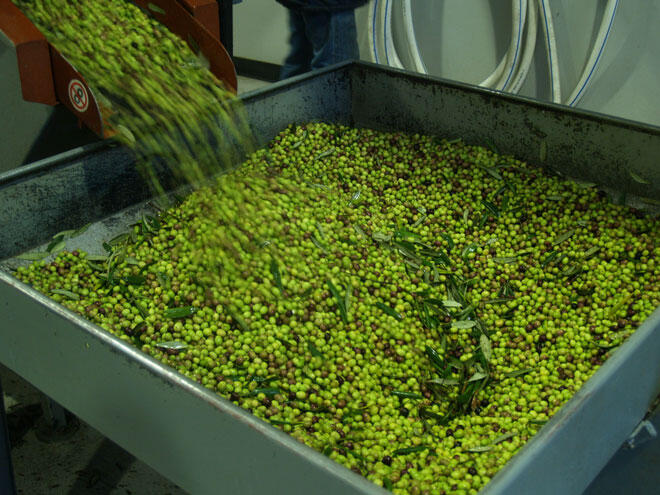Olive mill waste, which results from the production of olive oil, pollutes the environment. Countries producing olive oil generate large amounts of polluted waste during the production process. The Mediterranean region is mostly known for the production of the “natural remedy” (olive oil), and countries producing the vast majority of olive oil are Spain (largest producer of olive oil), Italy, Greece and Tunisia.
In this article, we are highlighting one of the strategies that researchers have come up with to reduce the vast quantities of olive mill byproduct, that is both environmentally and economically viable.
A strategy employed by agriculture and food industries, which is to use waste products such as waste oils, fatty acids and glycerol as a carbon source by fermentation to reduce associated production costs, led a collaborative group of researchers from Spain and Ireland to the innovative use of carbon-rich alpeorujo in the production of biosurfactants through fermentation substrates Pseudomonas aeruginosa and Bacillus subtilis bacterial species.
The same research groups demonstrated that hydrolysis pretreatment of the OMW significantly increased bioavailability of the sugars present in alpeorujo resulting in marked improvement in biosurfactants production.
The scientists found that compared to acid or acid-enzymatic pretreatment, the highest yield of surfactant was produced by enzymatic hydrolysis pretreatment of the waste by-product.
The group also showed that the use of OMW as the sole carbon source is similar to that of glucose for biosurfactant production, indicating large scale BS production achievable at a lower cost and a more efficient substrate, oliveoiltimes website reported.
The scientists concluded that “an appropriate hydrolysis pretreatment is a key factor for a potential industrial production of biosurfactant from OMW.”
The researchers noted that “while many agroindustrial residues demand some kind of physical pretreatment before the hydrolysis stage, OMW is already ground, so its use will avoid this energy-intensive step. This imparts a great advantage over other lignocellulosic agroindustrial wastes in a future development of a cost effective BS production process.”
Share your thoughts on this article through our Facebook page: greenarea.info











